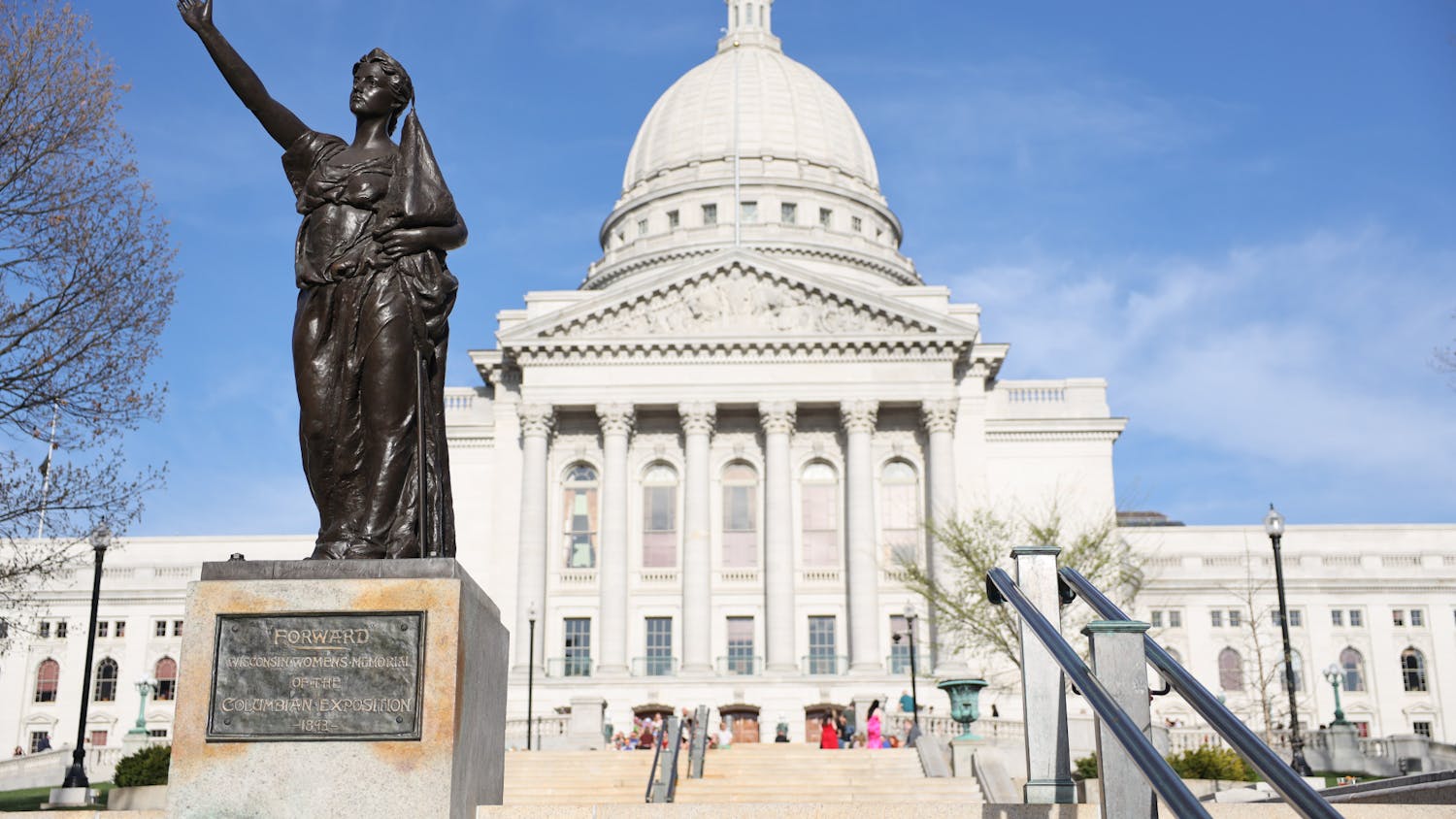Another Democratic face is in the 2018 race for Gov. Scott Walker’s seat.
State Sen. Kathleen Vinehout, D-Alma, announced her candidacy for governor Monday, a widely expected move after she explored entering the race for months. She joins a number of other Democrats — including state Rep. Dana Wachs of Eau Claire, state education Superintendent Tony Evers, businessman Andy Gronik and non-profit leader Mike McCabe — who have declared their candidacy, and a few others who are still considering running.
Vinehout previously ran for governor in the 2012 recall election, but lost in the Democratic primary. She said she’s running again in order to "turn the state's priorities upside down."
"Wisconsin needs a real leader, a leader who listens, who does their homework and focuses on solving the problems people have in their daily lives,” Vinehout said in a campaign video.
The 59-year-old state lawmaker is the first woman to enter the race. She said if elected governor, she would aim to expand healthcare coverage throughout the state and implement free tuition at Wisconsin’s two-year and technical colleges.
Vinehout has served in the state Senate since 2006 and is seen by many as a progressive voice who could appeal to the left wing of the party as well as to more traditional Democrats. There is reason to think she will be one of the leading contenders for the nomination, as she won the WisPolitics.com straw poll at the 2017 state Democratic convention with support from 38 percent of conventioneers.
Supporters also point out that in the last three gubernatorial elections, Democrats nominated a resident of either Madison or Milwaukee to face Walker. They see Vinehout, a dairy farmer from the rural northwestern part of the state, as a refreshing change of pace.
But critics on the left point out that Vinehout has a somewhat mixed record on social issues, including a murky history on reproductive rights and a controversial vote to allow off-duty and retired police officers to carry guns in schools. And, unsurprisingly, Vinehout has earned even harsher criticism from the other side of the aisle.
Alec Zimmerman, a spokesperson for the Republican Party of Wisconsin, branded Vinehout a “tax-and-spend Madison liberal.” Vinehout’s rural district is located almost 200 miles away from the state capital.
“Kathleen Vinehout wants to take us backwards to the days when she authored the largest tax increase in state history,” Zimmerman said, referring to Vinehout’s support for an unsuccessful 2007 bill that would have made healthcare available to all Wisconsinites at a $15 billion price tag to taxpayers.
Zimmerman also criticized Vinehout for “[running] to Illinois to protect big government specials interests,” a reference to Democratic lawmakers’ unsuccessful 2011 attempt to prevent a vote on a Republican repeal of many collective bargaining rights.
Vinehout is the fifth major Democrat to enter the governor’s race, but it is unlikely she’ll be the last. Madison Mayor Paul Soglin, former Democratic Party of Wisconsin Chair Matt Flynn, state firefighters union head Mahlon Mitchell and former state Rep. Kelda Roys have all said they are considering running. Some prominent Democrats, such as U.S. Rep. Ron Kind, have already declined to challenge Walker.
Vinehout’s announcement also means she will not run for reelection to the state Senate in 2018. Since the 31st Senate District is of mixed partisan character and was carried by President Donald Trump in 2016, it may be challenging for Democrats to hold the seat without a well-known incumbent in office.





